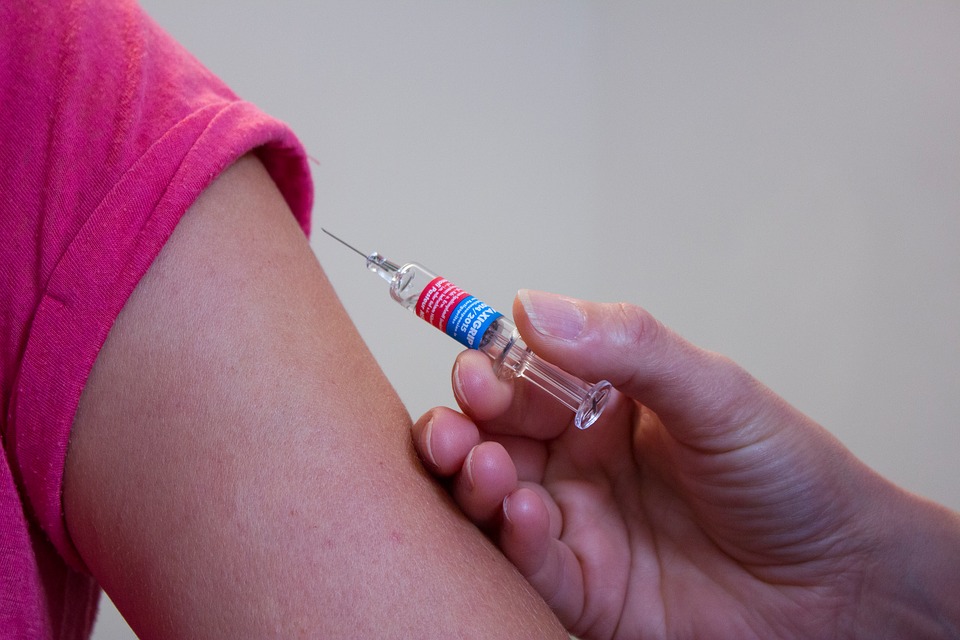Are you going to some exotic country? Then you should be vaccinated at a time so that the dream holiday does not become a nightmare. Especially if you travel to one of the epidemiological areas. And what infections are among the most common? You will learn this in today’s article.
Yellow Fever
This disease is a common cause of death in the tropical regions of South America and Africa. Initially, fever, headache, nausea and chills are sometimes accompanied by jaundice and bleeding. Unfortunately, the disease is fatal, with about 25,000 deaths per year due to liver and kidney failure. It is caused by an arbovir that is transmitted by some mosquitoes. For this reason, it is necessary to use different insect products to prevent the mosquitoes from biting you, and thus not transferring viruses to you. Vaccination is also appropriate, starting on the tenth day after application. The vaccine is then protected against yellow fever for 10 years.
Infectious jaundice type A
A very serious infection is hepatitis A (also hepatitis type A). It is caused by a virus that attacks the liver. Primary symptoms are similar to common flu – a person infected with a virus starts to aching his head, muscles, and has a temperature. Gradually, nausea and stomach problems occur.
The problem of this disease is the incubation time of the virus, which can be up to 50 days long. It can be very late to find out that he has a hepatitis A virus, and he can easily spread it to his or her neighborhood.
The fact that this is not a common flu can be ascertained by other symptoms, such as yellowing of the skin and eyebrow, lightening feces, and darkening of the urine. Prevention is recommended to respect personal hygiene, eating safe food and water, and vaccination is important. Just like hepatitis type B, it is a disease that occurs in our country as well. Before you go to countries where there is a higher risk of infection, you need to check the vaccination card. If you find you are not inoculated against hepatitis, then you need to be vaccinated at least 14 days before going out.
Rabies
Another viral illness is rabies that are transmitted from infected animals. Again, this is a fatal infection, so preventive protection is not necessary. While there are no frequent cases of death in our country, there is a big problem, for example, in Asia or Africa.
If you encounter an animal that looks suspicious, then avoid direct contact with it. If you touch it or if your animal poses or tries, disinfect the affected area as soon as possible and then go to the nearest doctor. If you travel to the places with higher rabies, it is advisable to get vaccinated, and then be protected for one year and for further vaccination for 5 years.
Cholera
This disease is manifested by diarrhea, vomiting and abdominal pain. It is transmitted through water or food that is infected with cholera bacteria or other infected humans. As a precaution, therefore, personal hygiene, safe food use and the possibility of overflowing water are necessary.
Typhoid
This fatal disease causes bacteria called typhus salmonella. It can get into your body after you consume contaminated food and water or by contact with an already infected person.
While other types of salmonella are common diseases in our country, typhoid abdomen is rare in our country. But beware of it in countries where people are not too hygienic and where the warm climate is. It is manifested by fever, fatigue and, above all, constipation, in the worst case, bleeding may occur in the intestines. This disease can be avoided by respecting personal hygiene, eating unexcavated meals and drinking, as well as vaccination.
Japanese encephalitis
As the name itself suggests, it is primarily about the Asian continent. Unlike tick encephalitis, however, it is not a tick, but a mosquito. It is manifested by fever, headache and abdominal pain, sometimes with convulsions that may pass into coma and eventual deaths. Vaccination is recommended especially if you are traveling in rural areas or in the wild in epidemiological areas.
So, if you want to go to some exotic country this year, talk to your doctor about the right vaccination. You should also provide the necessary information at a travel agency. Please try to find out about the vaccinations as soon as possible because they need to be vaccinated at least 14 days before departure.






